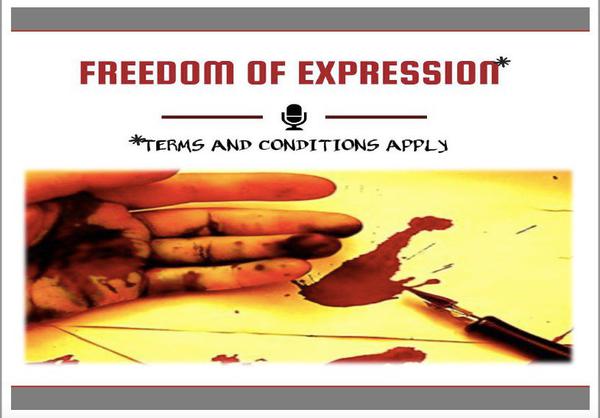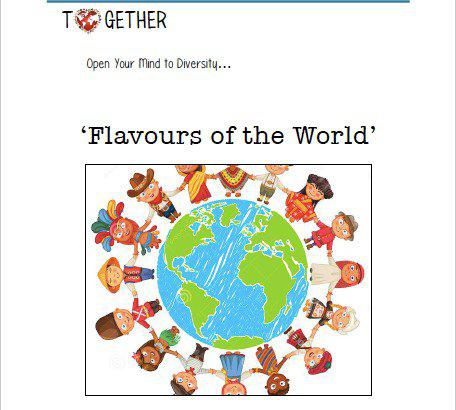BeUnlimited with Team India
This is The Sport Report and we have for you the details of the stunner that was the opening ceremony.
Put together President Joko Widodo’s snarky little dig at the Indonesian traffic, and a few nail-and-finger-and-the-entire-hand-biting bike stunts. And that’s just the beginning of a perfectly colourful, spectacular evening. The bikes made way for the traditional Indonesian Saman dance. 2200 children in perfect unison, welcoming over 10,000 athletes from 49 nations. Jakarta obviously knows how...
Read More






